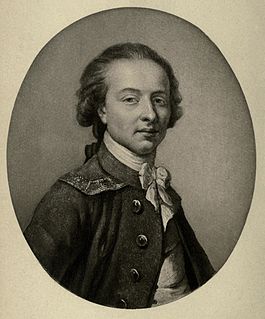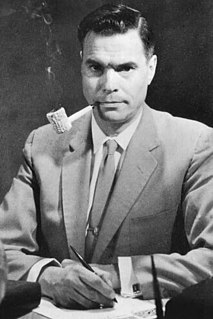A Quote by Edmund Burke
Vice itself lost half its evil, by losing all its grossness.
Related Quotes
The unbought grace of life, the cheap defence of nations, the nurse of manly sentiment and heroic enterprise isgone! it isgone, that sensibility of principle, that chastity of honour, which felt a stain like a wound, which ennobled whatever it touched, and under which vice itself lost half its evil, by losing all its grossness.
A vice sanctioned by the general opinion is merely a vice. The evil terminates in itself. A vice condemned by the general opinion produces a pernicious effect on the whole character. The former is a local malady; the latter, constitutional taint. When the reputation of the offender is lost, he too often flings the remainder of his virtue after it in despair.
So may the outward shows be least themselves: The world is still deceived with ornament. In law, what plea so tainted and corrupt, But, being seasoned with a gracious voice, Obscures the show of evil? In religion, What damned error, but some sober brow Will bless it and approve it with a text, Hiding the grossness with fair ornament? There is no vice so simple but assumes Some mark of virtue on his outward parts.
In this world, there is no absolute good, no absolute evil," the man said. "Good and evil are not fixed, stable entities, but are continually trading places. A good may be transformed into an evil in the next second. And vice versa. Such was the way of the world that Dostoevsky depicted in The Brothers Karamazov. The most important thing is to maintain the balance between the constantly moving good and evil. If you lean too much in either direction, it becomes difficult to maintain actual morals. Indeed, balance itself is the good.









































